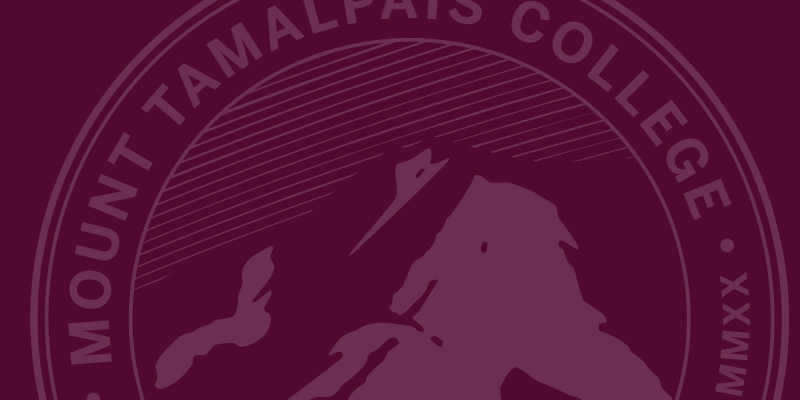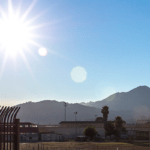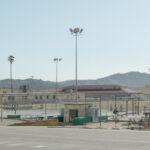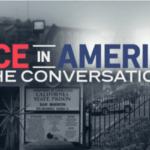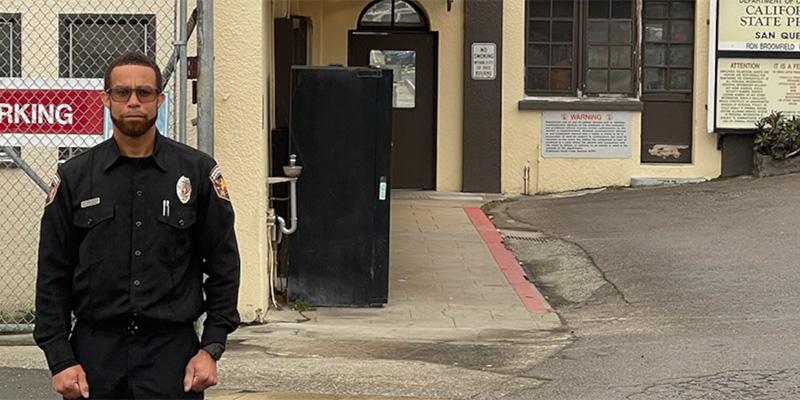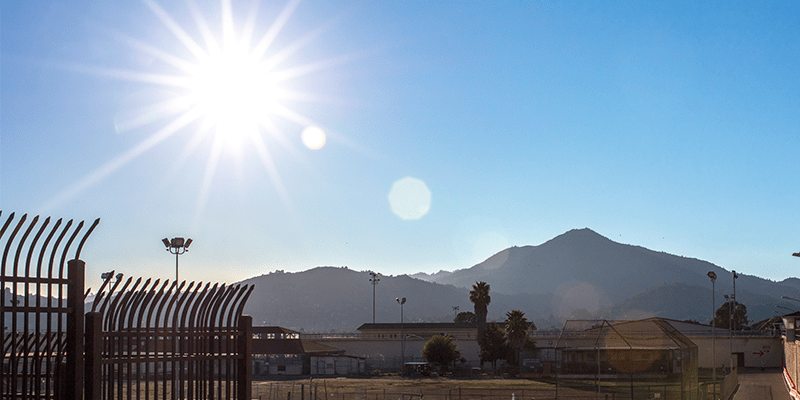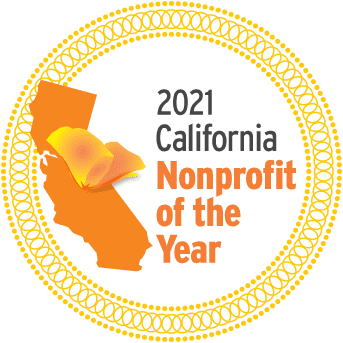Published in the November 2018 newsletter, which you can read in its entirety here.
I am thrilled to share the news that we have begun work to establish an independent college at San Quentin and are preparing to seek accreditation from the Accrediting Commission for Community and Junior Colleges.
The main drivers for this decision are a combination of opportunity and necessity. Most immediately, Patten University, the school of which the College Program at San Quentin has been an extension site since its founding in 1996, is closing. While we have explored the possibility of partnering with another school, we have decided that independence will best allow us to most boldly pursue our vision of providing radically inclusive and academically excellent liberal arts education at San Quentin.
Much of the work that lies ahead has long-since begun: for years we have been working to develop excellent, comprehensive college preparatory, and college-level academic programs. We have also established student-centered, trauma-informed student support systems and administrative policies (for example, in admissions, assessment, advising, conduct, and faculty training) that promote student success. Now the challenge will be to fully build out the infrastructure necessary to support the “back office” side of operating a college—like robust student information management, institutional research, and information technology, including library services.
We are resolved to accomplish this work because we are committed to expanding access to outstanding educational opportunity for people incarcerated at San Quentin, and throughout California. But we are also well-aware of how much our setting a powerful example stands to benefit not only the field of prison higher education, but the field of higher education itself. We intend to serve as a model of academic excellence, universal access, and educational innovation, and as an unapologetically idealistic reminder of the promise and potential of higher education.
As we delve into the realm of institutional research (whereby schools generate data in order to analyze and monitor their own effectiveness, and to continuously improve) we will help reframe the national conversation about the purpose of higher education, and about what “effectiveness” means, and how it ought to be measured. By establishing a college that is committed, in every sense, to meeting its students where they are—academically, socially, psychologically, financially, and geographically—we will help raise the bar on what equity and inclusion mean, and what it looks like when institutions take responsibility for ensuring students’ success. By forgoing all fees and tuition, providing school supplies and materials free of charge, and dispensing entirely with conventional models of student financial aid, we will help overturn assumptions and generate new ideas about how higher education ought to be funded.
By forming an independent, accredited college dedicated specifically to serving incarcerated people, we also intend to challenge the widespread cultural resistance to recognizing incarcerated students as “real college students” who are both worthy and fully capable of great academic achievement. We also hope that this step will allow us to shine a greater light and provide greater support to the efforts of other institutions and organizations to increase access to quality higher education for incarcerated people, whether by providing them with expanded training, technical assistance and financial support, or even eventually partnering with them to form new regional extension sites.
As the field of higher education in prison grows, we believe that the data, ideas, and human capital that our work generates will help strengthen the quality of programs nationally, increase the public’s awareness of their impact (far beyond “recidivism” and cost), and humanize the image of incarcerated people in the public imagination.
By both transforming the public’s understanding of this landscape and continuing to increase access to quality in-prison higher education programs nationally, we will expand the prison-to-college pipeline, broaden the social, academic and professional networks of currently and formerly incarcerated people, and support their visibility and success. It is only a matter of time before criminal justice and higher education policy in the U.S. are fully transformed by the ever-growing movement of passionate, empowered, and educated currently and formerly incarcerated people, working together to create a more just world.
Please note that the Prison University Project became Mount Tamalpais College in September 2020.
